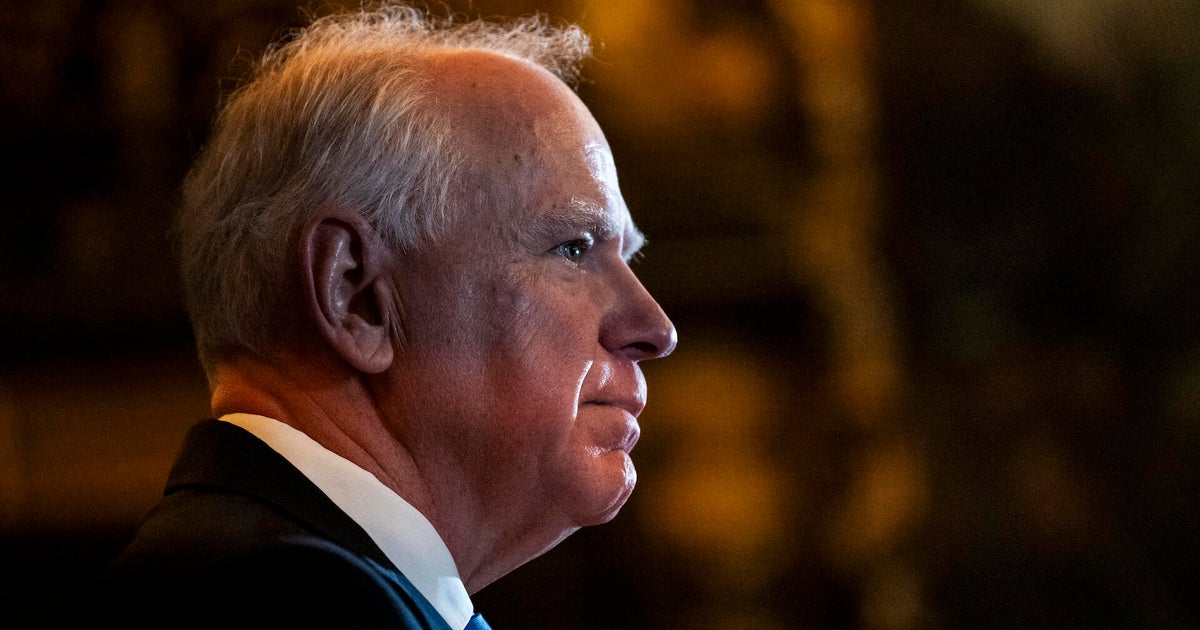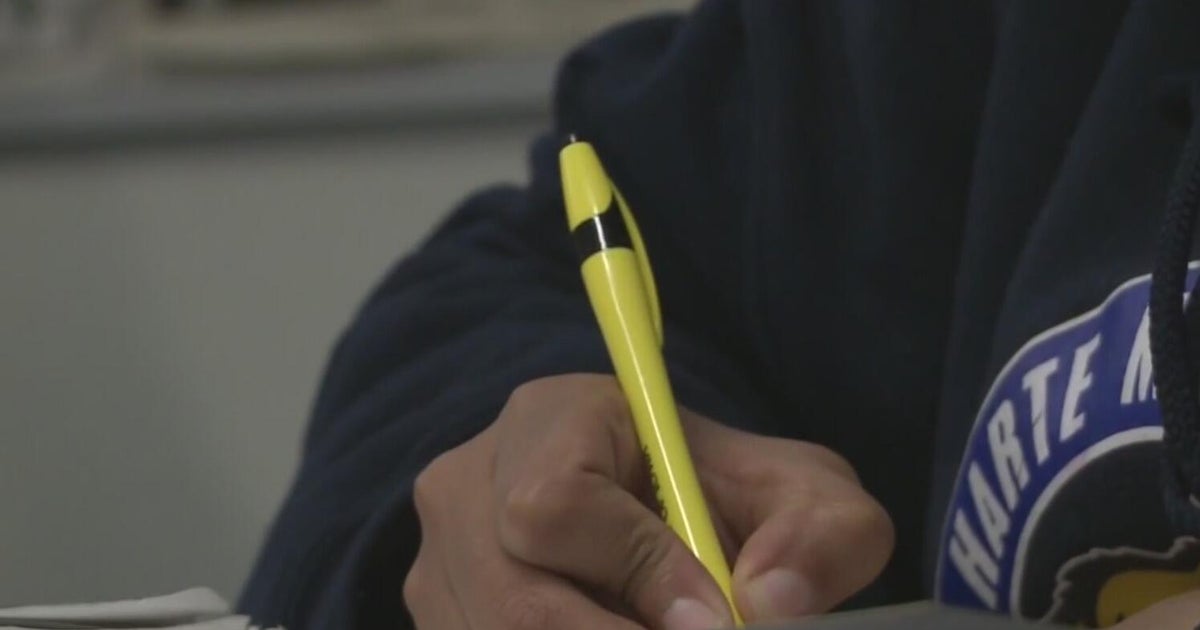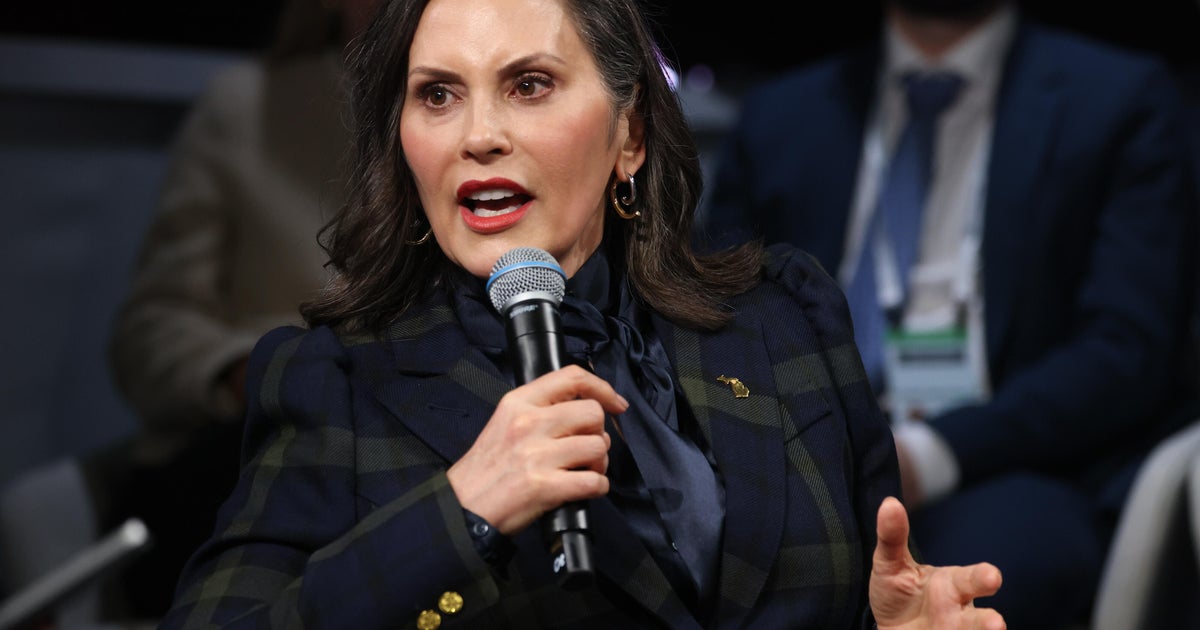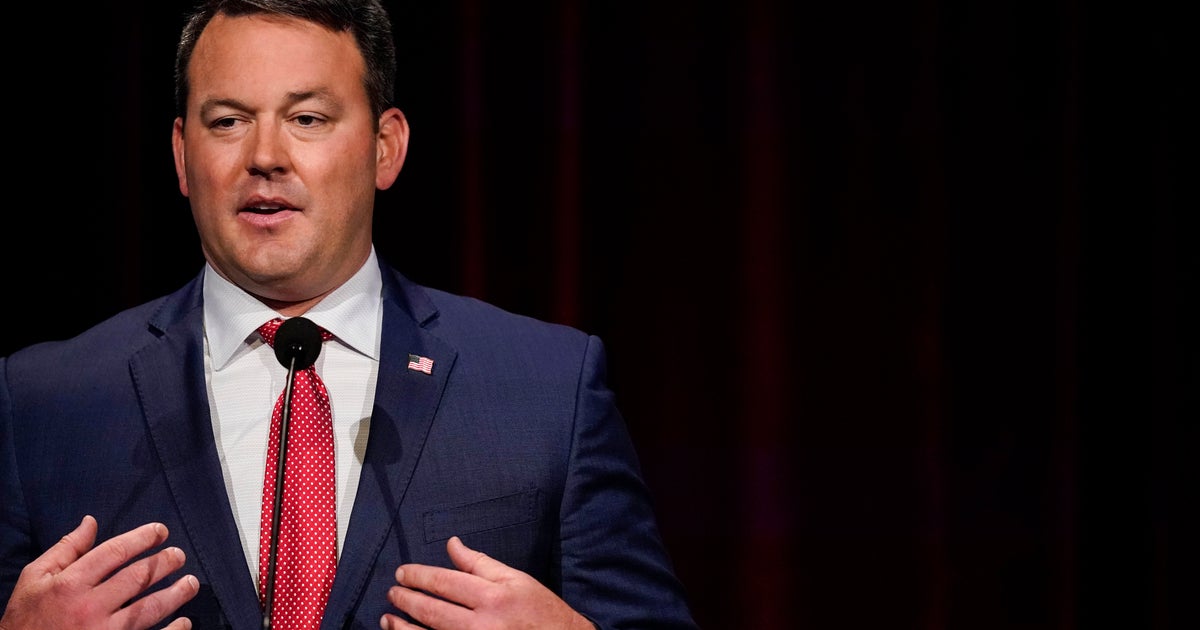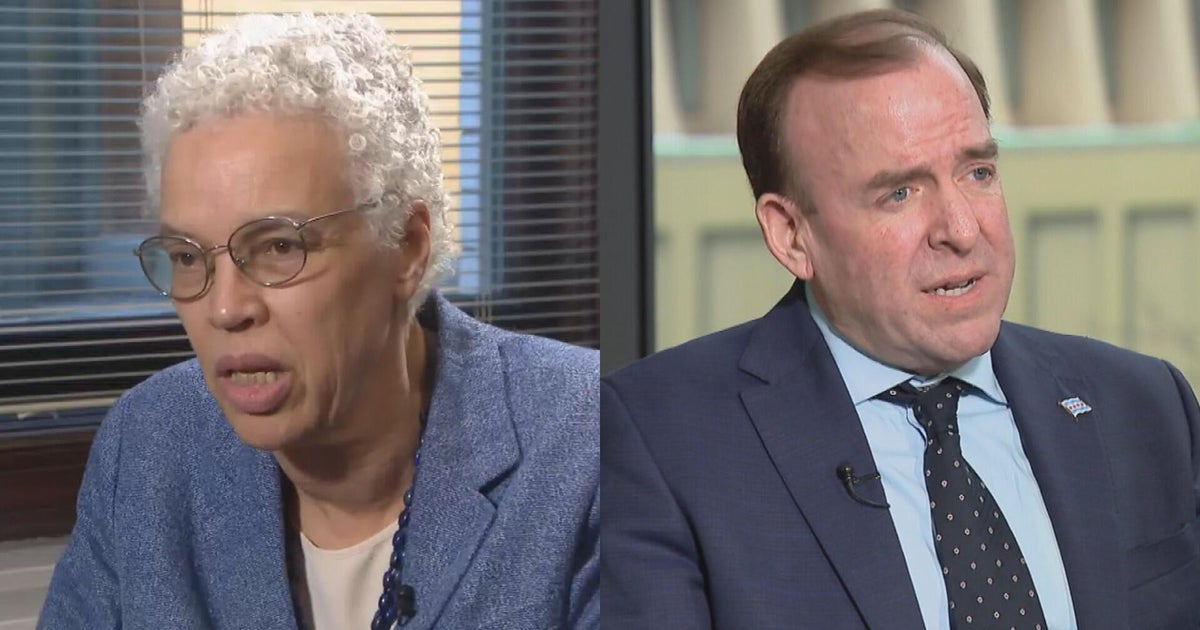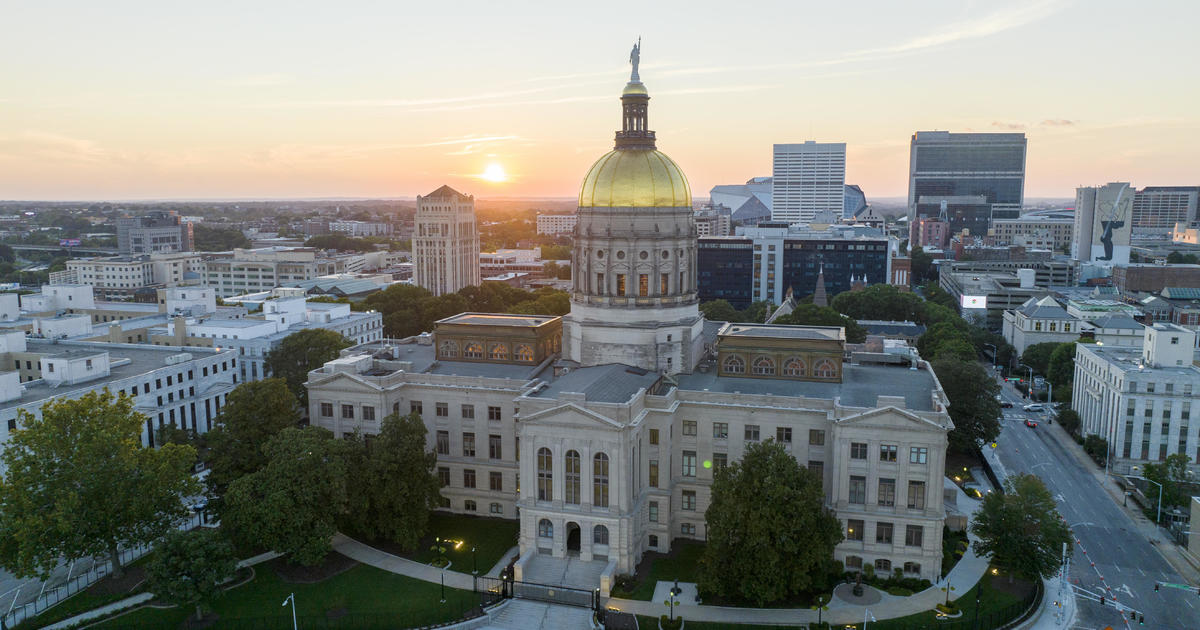Gov. Brown Calls $113B Budget Precariously Balanced
SACRAMENTO, Calif. (AP) - California Gov. Jerry Brown on Friday released a record $113 billion state spending plan that asks the University of California to do more with less so the nation's largest public university system can avert tuition hikes.
Brown said he didn't provide as much funding as the 10-campus system wanted because California's budget is already stretched by debt payment and growing costs. His decision sets up a higher-education standoff that won't likely be resolved for a while as Brown and legislative leaders craft a budget in the coming months.
"It's precariously balanced, and it's going to get even more challenging as we get down the road," Brown said.
The Democratic governor provided a $120 million boost, not as much as the university requested. Brown defended his proposal, saying that's "not chump change" because other departments received no increases.
UC Regent George Kieffer on Friday took a wait-and-see approach. "It's too early in the process to draw any conclusions about the final budget," Kieffer said.
UC's board of regents late last year approved raising tuition by as much as 5 percent each of the next five years unless the state devotes additional support above the roughly $2.8 billion it provided for the year. UC President Janet Napolitano has said the amount the governor has budgeted is inadequate to maintain the quality of the universities.
The threat of hikes motivated hundreds of students to protest across UC campuses from Los Angeles to Berkeley, where higher education was once free and fees have historically been below the national average.
Brown and legislative leaders have proposed various solutions. Brown said he is proposing an advisory committee for his administration and the university to work on reducing costs by reviewing the degrees each campus offers, improving degree-completion times and negotiating pension reform.
He has also suggested offering more online classes, requiring faculty members to devote more time to teaching instead of research and curbing salaries for administrators and professors.
Under the state's new spending plan, the general fund will increase about 5 percent from the current $107.4 billion budget, reflecting California's economic momentum. The governor, however, did not propose many new programs but instead focused on covering growing costs to existing programs. Brown said the state already has made massive financial commitments to health and human services and education.
"We saw the boom and the bust, and I'm trying to avoid that," he said Friday.
Brown noted that about 4 million more people are enrolled in the state's low-income health care plan, Medi-Cal, as compared with 2012. The administration is mindful that President Barack Obama's executive order to spare some immigrants from deportation will enable hundreds of thousands of low-income immigrants in California to apply for the state's version of Medicaid. While the president's action excludes immigrants who came to the country illegally from qualifying for federal health benefits, California has a policy of using state money to provide health coverage for low-income immigrants with deferred-action status.
The governor is facing renewed pressure from members of his own party to increase assistance to welfare, health care, child care and other social programs related to concerns about income inequality as the state enjoys a second year of surplus.
Republicans, whose votes are not needed to pass a budget, have said they support the governor's plan for saving the reserve, but they have criticized him for failing to provide an economic strategy for job growth. Brown's budget includes funding for workforce development through adult education and technical training programs.
___
Associated Press writer Judy Lin in Sacramento and Lisa Leff in San Francisco contributed to this report.
Copyright 2015 The Associated Press.
